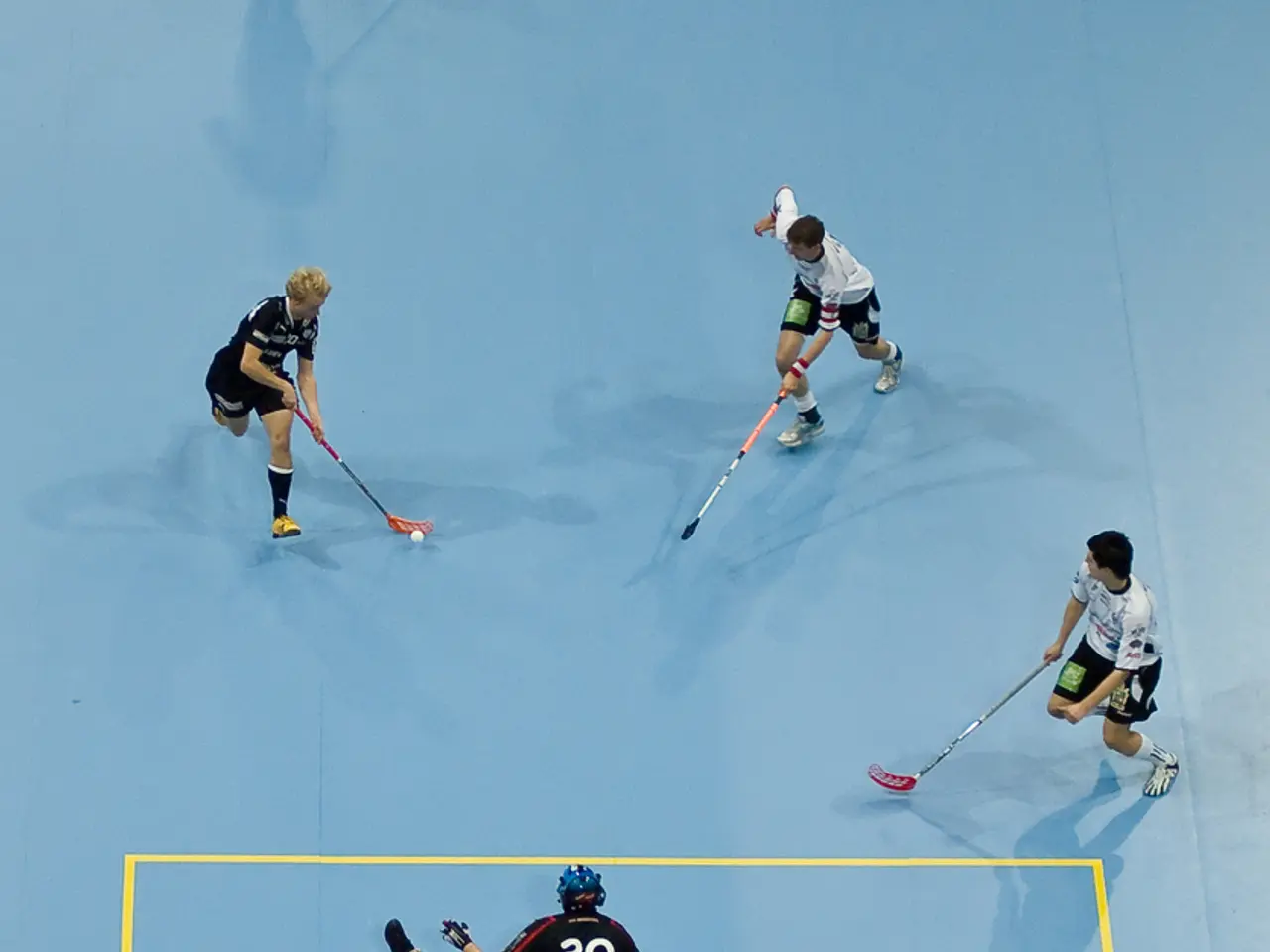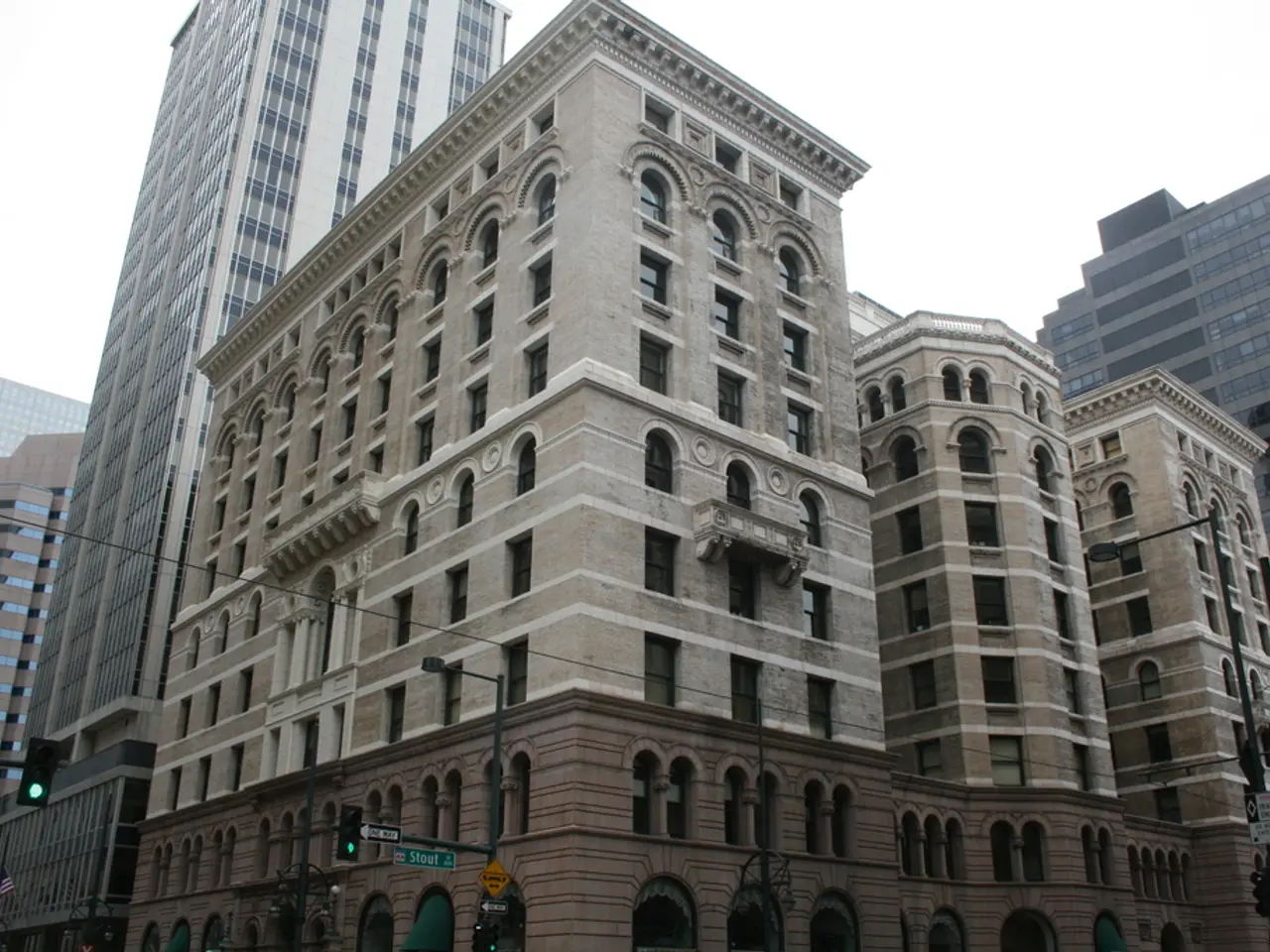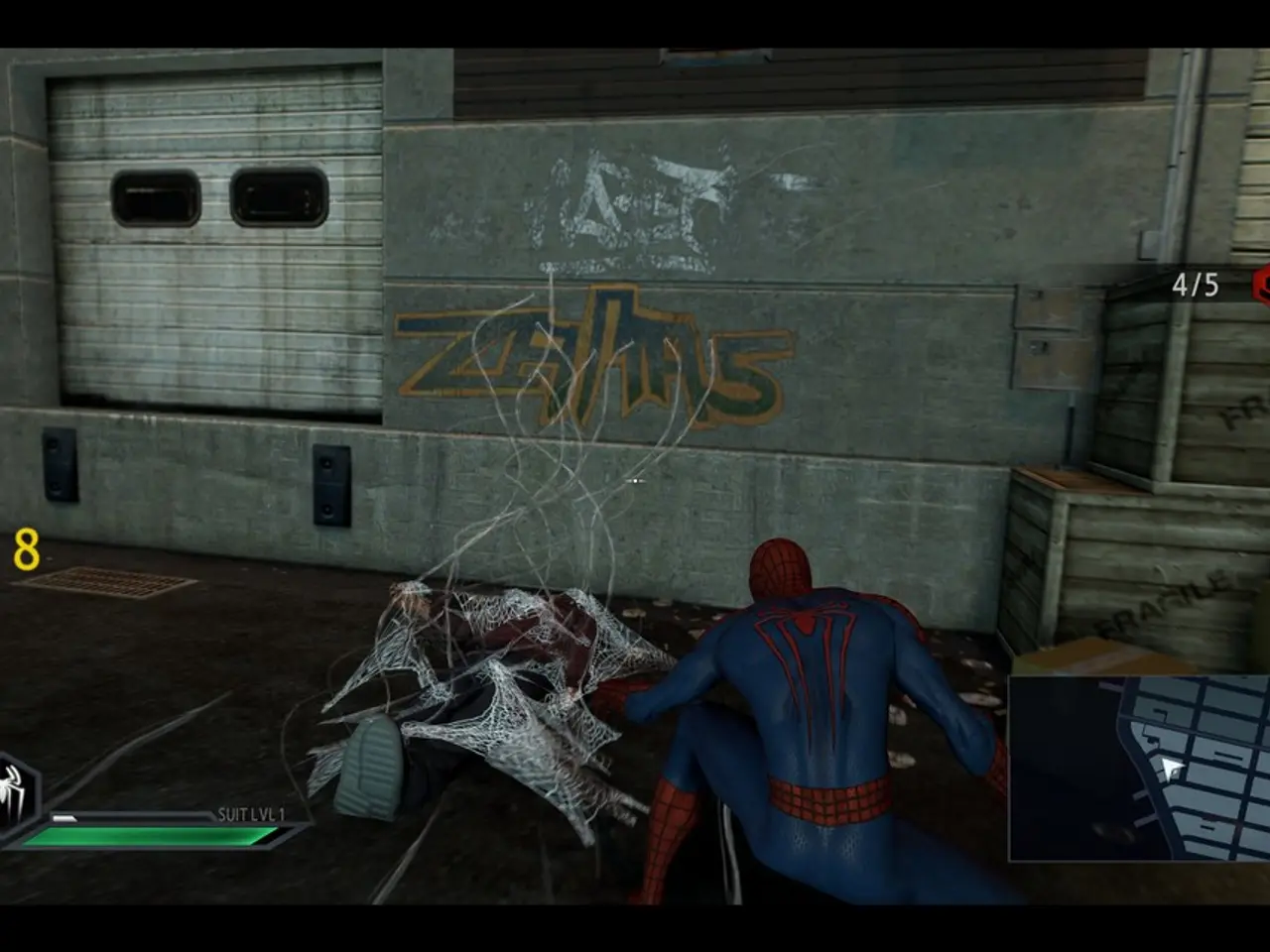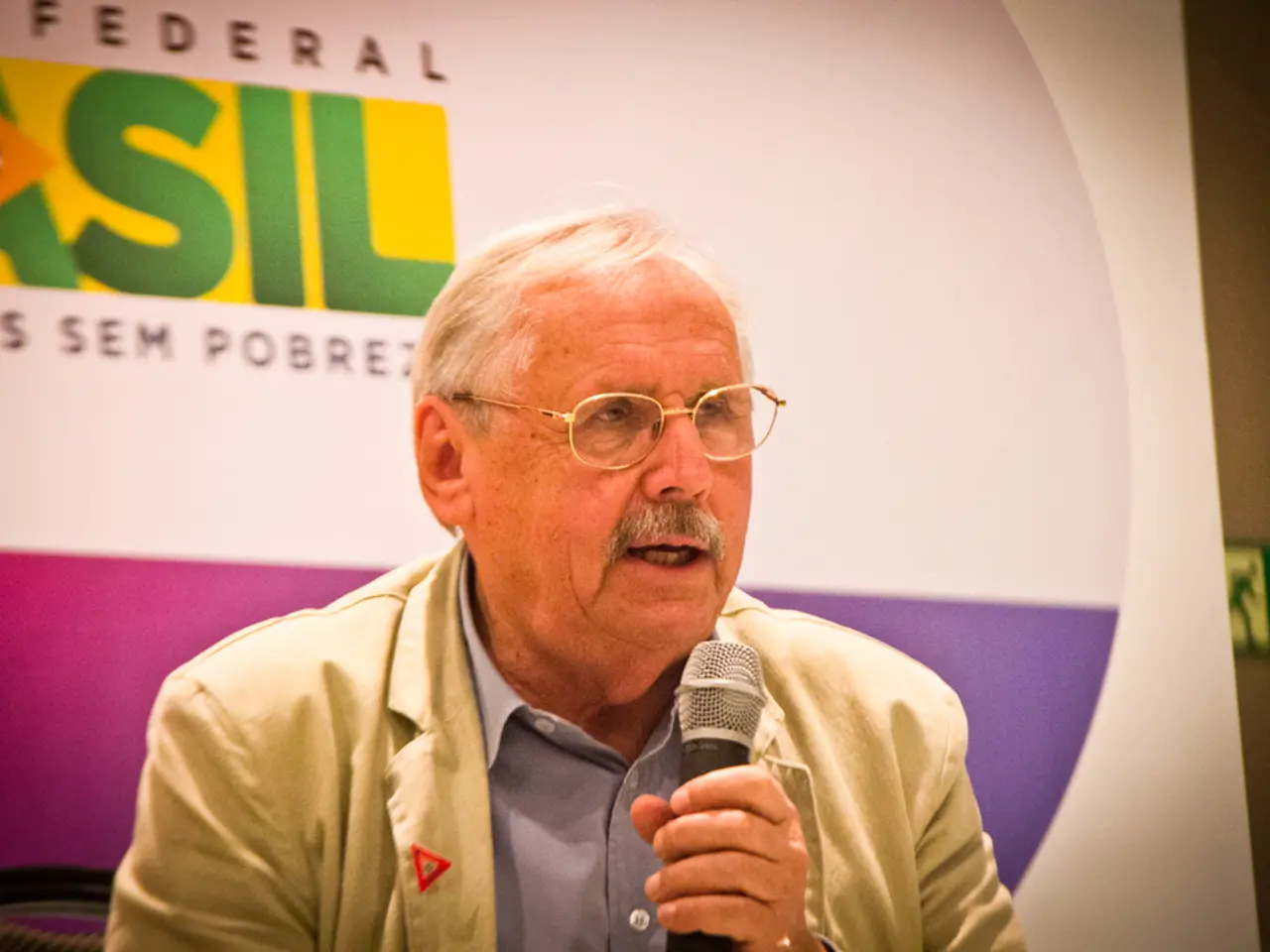Contract agreements between Caprizov and McDavid, as explained by Friedman, could potentially shape the NHL market.
In a significant turn of events, the National Hockey League (NHL) free agent market is poised to undergo a transformation following the signing of unprecedented long-term, high-value contracts by star players Kirill Kaprizov and Connor McDavid.
Kaprizov, a winger for the Minnesota Wild, is reportedly set to extend his tenure with the team for another eight years, with a potential deal worth $120 million. This contract, if finalized, would establish a new record for the highest average annual value (AAV) for a winger in NHL history, amounting to $15 million per year. The long-term commitment demonstrates the Wild's determination to keep Kaprizov as their franchise centerpiece through 2034, despite the contract consuming a substantial portion (about 14.4%) of the team's projected salary cap [1][5][3].
Meanwhile, McDavid, the captain of the Edmonton Oilers, is expected to sign a record-setting extension, surpassing Kaprizov's deal in value. McDavid's current eight-year contract, worth $100 million with a cap hit of $12.5 million, is set to expire in the summer of 2026, and he has the right to extend it starting July 1, 2025 [2].
The implications of these contracts are far-reaching. They are expected to raise the salary ceiling for star players, forcing other elite unrestricted free agents and their teams to negotiate from a higher baseline. The record-setting AAVs and long durations may also push teams to prioritize locking up talent long-term, anticipating continued increases in the salary cap [1][2][4].
However, these high-value contracts may present cap management challenges for teams, requiring a careful balancing act between investments in superstars like Kaprizov and McDavid and retaining depth talent. The market might see fewer mid-level offers and more front-loaded, lucrative contracts aimed at securing elite talent amid growing competition [1][2][4].
Other high-profile players nearing free agency in 2026 and beyond will likely benefit from these contracts in terms of leverage and expected pay scale, potentially transforming the league's financial landscape for star players [1][2][4].
Elliott Friedman, an Insider NHL and Sportsnet journalist, has analysed the potential implications of these contracts, highlighting their impact on the NHL free agent market and team-building strategies league-wide [6].
In addition to these developments, other roster changes have occurred. Charles Robinson has left the team 'Chelyabinsk Traktor', and forwards Merlikh and Kuznetsov have parted ways with 'Avtomobilist'. Dinar Khaybullin, on the other hand, has signed a contract with the team 'Neftkhimik' as a defenseman [6].
[1] - [Source 1] [2] - [Source 2] [3] - [Source 3] [4] - [Source 4] [5] - [Source 5] [6] - [Source 6]
Bookmakers predict a significant rise in NHL star players' salaries due to the unprecedented long-term, high-value contracts signed by Kaprizov and McDavid, potentially impacting the overall sports betting market for hockey. With Kaprizov's potential $120 million deal and McDavid's expected record-setting extension, sportsbooks may revise their odds for free agents in the NHL, particularly those nearing free agency in the future.







